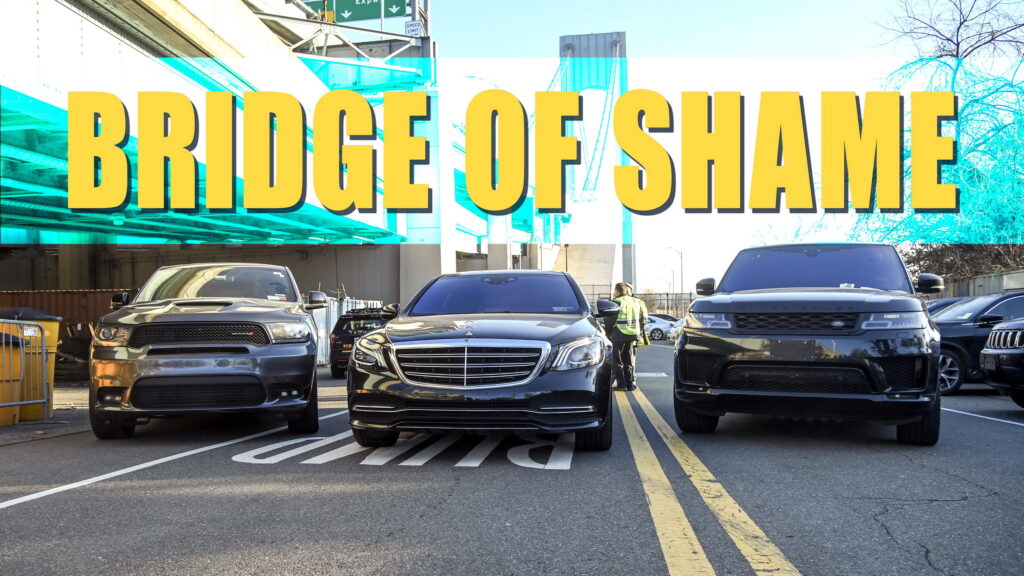A Range Rover driver had racked up over $52,000 worth of unpaid tolls and fees
4 hours ago
 –>
–> 
–>
For the last three days, drivers crossing the Verrazano-Narrows Bridge in New York were under serious scrutiny. Authorities ended up stopping and seizing 44 different vehicles that were registered to “persistent toll violators”. Combining all of those cars together, they represent nearly $1 million in unpaid tolls and violation fees.
Tolls are a major part of life in New York. The Metropolitan Transportation Authority (MTA) is always on the lookout for violators who don’t pay their fair share. According to the MTA, it intercepted some 2,705 vehicles this year and cited 2,933 for covered or obstructed license plates too. Repeat toll violators can have their registration suspended and ultimately seized.
Between December 12th and December 15th, it conducted a sting on the bridge and caught the aforementioned 44 vehicles. One driver of a Range Rover SUV owed over $52,000 in tolls and fees. As we’ve highlighted before, drivers in the area use all manners to obstruct their plates to avoid fees.
advertisement scroll to continue
Read: NYC Congestion Charge Moves Ahead, Drivers Could Face Tolls Of Up To $23 Per Day
“Our message is simple. If you cover your license plate or use fake plates, you will pay the price. If you’re a repeat offender, your car is going to be seized and you could get arrested,” said MTA Chair and CEO Janno Lieber. “This is about fundamental fairness. It’s not right when drivers in Mercedes and Porsches come onto our bridges and through tunnels and skip out on thousands of dollars in tolls. They’re taking the public’s money, and New Yorkers are not going to put up with it.”
This isn’t the first time that the MTA has conducted a sting operation at the Verrazano-Narrows Bridge this year. At the beginning of this year it had another one there on just a single day, January 11th, and in the process caught 21 persistent toll violators. In that case, one driver of a Mazda CX-5 owed some $57,000 worth of unpaid tolls dating back to 2021. More fees are coming in the future too. Congestion fees of up to $23 per car could go live in 2024.
[embedded content]